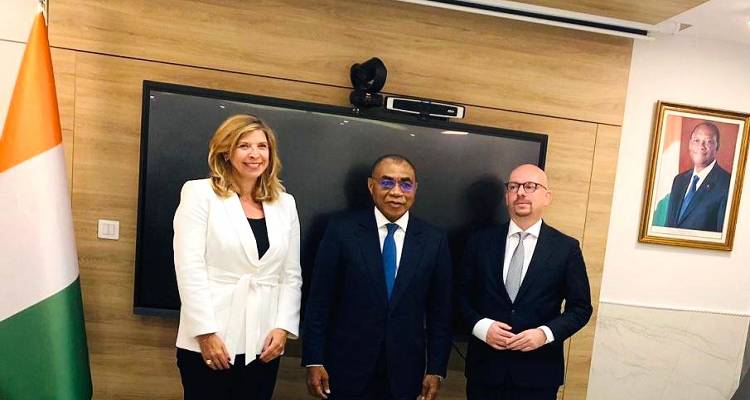Standard & Poors Ratings Services have confirmed its B long-term and B short-term sovereign foreign and local currency credit ratings on the Republic of Ghana
p>Standard & Poors Ratings Services have confirmed its B long-term and B short-term sovereign foreign and local currency credit ratings on the Republic of Ghana
The outlook is described as stable. The transfer and convertibility (T&C) assessment remains at 'B+'.
The ratings on the Republic of Ghana are constrained by the view of the country's weak fiscal management, which has contributed to large deficits and supplier arrears. The ratings are also constrained by low economic development and - despite oil production commencing - a still-narrow economic profile. The ratings are supported by strong GDP growth, strengthening oil production volumes (which over the medium term will likely support improved fiscal and external balances), and a track record of political stability.
According to S&P, the government's weak payment culture and fiscal discipline continues to be highlighted by the net new accumulation in 2010 of further arrears amounting to 1.9 per cent of GDP, raising the stock of arrears to an estimated 5.5 per cent of GDP at year-end 2010. In addition, the fiscal deficit widened to 7.4 per cent of GDP in 2010, from 6 per cent in 2009.
Fiscal deficit
The government adopted a supplementary budget in mid-2011, which raised the planned 2011 fiscal deficit to 5.1 per cent of GDP (from an initial target of 4.1 per cent) and directed higher-than-expected revenues toward increased spending instead of aiming for a quicker reduction of the fiscal deficit or arrears.
Receipts from the oil sector should begin to improve fiscal flexibility in the medium term, provided that spending can be contained. And, despite accumulating new arrears on its own account, the government has paid off a substantial portion of arrears owed by an SOE, Tema Oil Refinery (TOR), to Ghana Commercial Bank, a key player in the domestic banking sector.
The Petroleum Revenue Management Bill, passed in 2011, has added clarity to government oil receipts. Furthermore, Ghana is one of Africa's most established democracies, with both major parties having taken a turn at relinquishing power after losing elections. Even though the presidential election result was very close, in 2008 former president, Mr. John Kufuor, stepped down in strict adherence to the constitution, which allowed for a smooth transition of power.





































